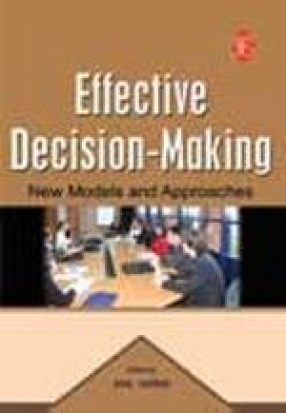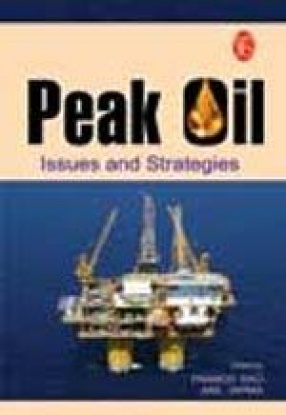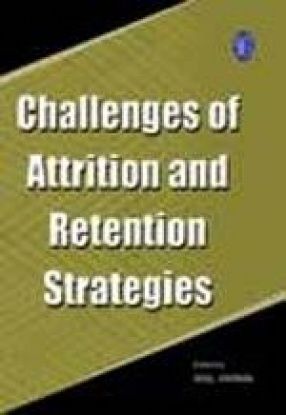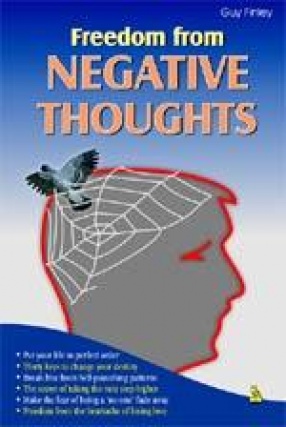Effective Decision-Making: New Models and Approaches
Synopsis
Decision-making is the process of sufficiently reducing uncertainty about alternatives to allow a reasonable choice to be made from among them. It should be noted here that uncertainty is reduced rather than eliminated. Very few decisions are made with absolute certainty, because complete knowledge about all the alternatives is seldom possible. Thus, every decision involves a certain amount of risk. Many decision-makers have a tendency to seek more information than required to make a good decision. When too much information is sought and obtained, one or more of several problems can arise. As you know, there are often many solutions to a given problem, and the decision- maker s task is to choose one of them. The task of choosing can be as simple or as complex as the importance of the decision warrants, and the number and quality of alternatives can also be adjusted according to importance, time, and resources and so on. A variety of structured techniques has been discussed for helping planners and decision-makers. The focus of decision analysis techniques is to help decision-makers clarify problem understanding and separate facts from priorities and preferences. This is achieved by structuring problems into an aggregated hierarchy of objectives and by studying the performance of decision alternatives on criteria. The various models and techniques keep the problem presentation simple and help to extract essentials out of them and at last to find a better solution for the problems.
Read more
30.60
27.54
$
34.00 $
Free delivery Wolrdwidе in 10-18 days
Ships in 2-4 days from New Delhi
Membership for 1 Year $35.00
Get it now and save 10%
Get it now and save 10%
BECOME A MEMBER











Bibliographic information